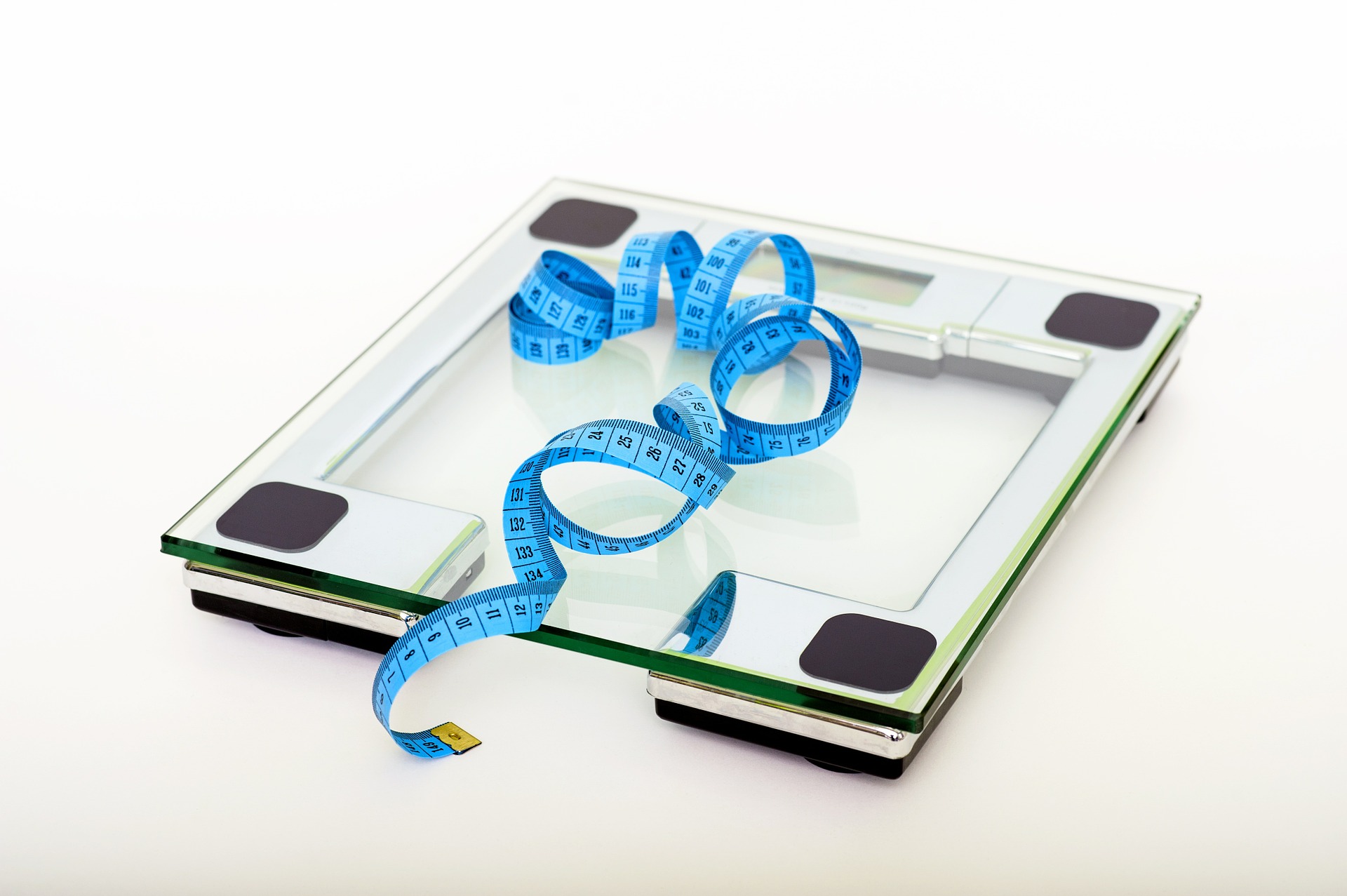As a dietitian, I’m almost always the last solution. People come to dietitians only after they tried every possible method on the Internet and failed. They try so hard, they follow the diet to the letter and still do not lose weight, not permanently, and sometimes it comes back with some bonus weight.
There are many reasons why diets fail. Here are the main reasons I encounter daily and you should be aware of:
Extreme dieting
Sometimes people don’t have the patience and want to see immediate results. Unfortunately, in dieting, there are no shortcuts. If you try to go faster than your body can handle, it will backfire one way or another.
You should be alarmed when diets promise you a rapid weight loss. You might be looking at a FAD diet. Those diets have quick results because they reduce water weight and allow a very low energy intake. It’s almost impossible to lose 1kg of fat in a few days – 1 kilo of fat equals around 7000kcal. A too high calories deficiency causes the body to panic. As a result, the body will save resources as much as it can and will try to save energy as much as possible. A clear symptom of this is feeling fatigued most of the day.
A great pace of weight loss is 0.7% of your body weight a week. This usually translates to 400-500g a week. Keep this in mind when setting goals and maintaining a diet.
All-or-nothing approach
Diets often fail because for some reason people approach them with an all-or-nothing mentality. For some reason when they eat something they shouldn’t have, they go overboard because they feel they already failed anyways. Instead of just making a small mistake, they throw away all the progress they made in the previous days.
This concept is a bit funny because with anything else in life, people try to learn from their mistakes and avoid further damage. It’s like you give up the whole fight just because you got one shido (penalty) or you stop learning for your exams because you had one bad test.
Instead of giving up, try to learn why you ate something you shouldn’t have and figure out how to avoid it in the future, and most important – remember that one mistake is not the end of the world.
Eating what you don’t like and not eating what you do like
I don’t understand why some people think that in order to diet they must give up eating what they like and start eating things they don’t like. If you find yourself in a diet that makes you suffer- this diet is not for you. A good diet should fit your needs, personal preferences and consider your aversions. Being forced to eat something you don’t want is ridiculous.
The field of nutrition is so flexible that every product can be replaced by another product that gives exactly the same nutritional value. Sometimes it requires some creativity, but there is always a solution. It’s obvious that you can’t compose a diet out of only chips and chocolate, but there is no reason why these products, in adjusted portion sizes, shouldn’t get a place in your menu.
Basing the diet on fake food
I would never thrust diets that encourage you to buy expensive supplements, like shakes and bars, especially if they recommend a specific brand. Are you really going to eat those products for the rest of your life? At some point you will have to stop, right? And what happens then? Normally people go back to your old nutrition habits that made them gain the weight to begin with.
At the end of the day, if you didn’t create new and healthier eating habits, it is only a matter of time before you go back to your original weight. A good diet creates new habits that are easy to keep. This way you can reach your goal weight and keep it without feeling that you are dieting.

